From School Integration to the Flu Epidemic Closing Districts, Our 8 Most Popular Education Articles of the Month
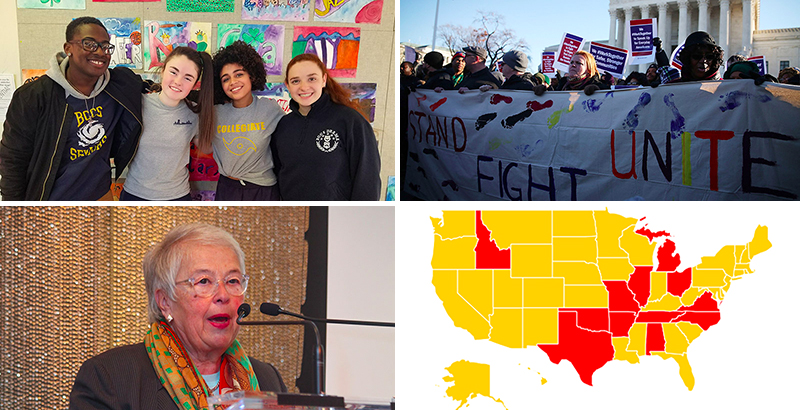
Below, we’ve lined up our eight most popular and buzzed-about stories from January. Get these monthly 74 highlights, as well as our weekly picks for the day’s top education articles at other outlets, delivered right to your inbox — sign up for The 74 Newsletter.
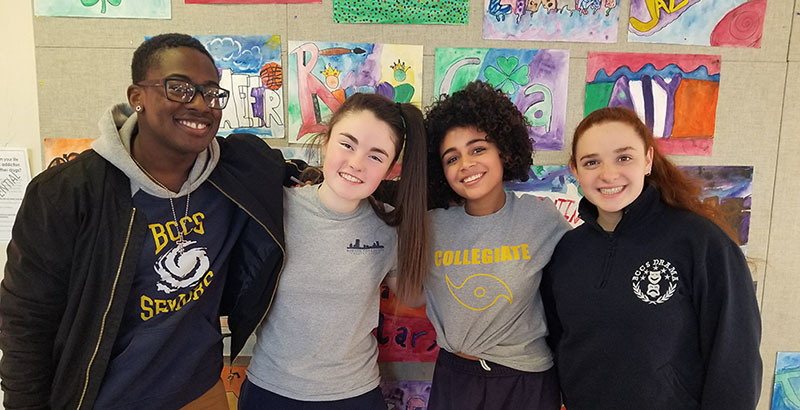
Richard Whitmire profiles Boston Collegiate, a high school that manages a student enrollment about evenly split between black and white teens in a city forever associated with its ugly response to forced busing in the 1970s. Even more intriguing: Boston Collegiate students come from still highly segregated, working-class neighborhoods; its student diversity remains steady at a time when schools nationally are becoming more racially isolated; and it’s a charter school, a type of public school some have blamed for worsening school segregation. The secret, Whitmire says, is that Boston Collegiate offers black and white parents the same thing — a chance their kids will get into a good college.
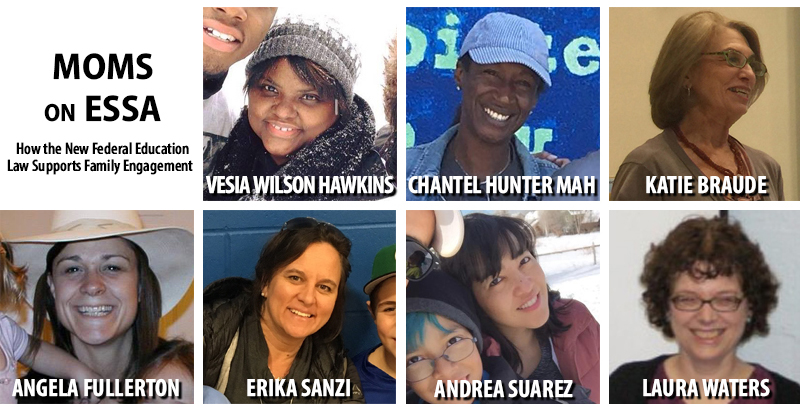
WHAT MOMS WANT: Two years after President Barack Obama signed the Every Student Succeeds Act into law, the new federal policy that pushes educational authority back to the states is on track to be implemented in most places this fall. As part of that decentralization, parents and families are positioned to see a surge in power over schools in their communities. Among numerous new provisions, ESSA stipulates that districts must allocate at least 1 percent of their Title I funding — federal dollars granted to high-poverty districts and schools — to engaging parents and families.
To better understand what should be incorporated in these plans, what they could — and should — look like, The 74 sought input from the most important experts in the matter: parents. We tapped parents from across the country, hailing from districts urban and rural, privileged and impoverished, to learn more about what works, what doesn’t, and what can be done better to engage families in authentic, meaningful, and effective ways that promote student success.
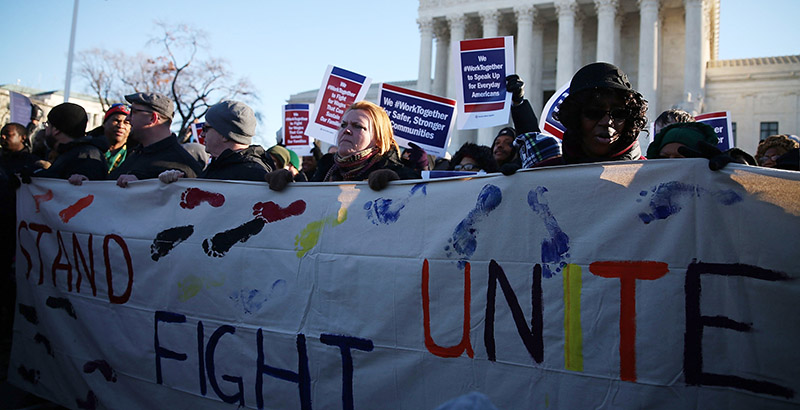
IT’S JANUS, NOT JANICE: For months, the education world has been abuzz with speculation about Janus v. AFSCME, the Supreme Court case most observers believe will damage public-sector unionism by ending agency fees — the charge to nonmembers for their share of bargaining costs.
But despite the high stakes and months of public debate, teachers seem only passingly familiar with the case and not particularly curious. In New York City, a full-throttle campaign of protests, leafletting, and door-to-door canvassing should raise awareness, but history shows that only a small fraction of union members ever get involved in the political agenda of teachers unions, even when it directly affects their future.
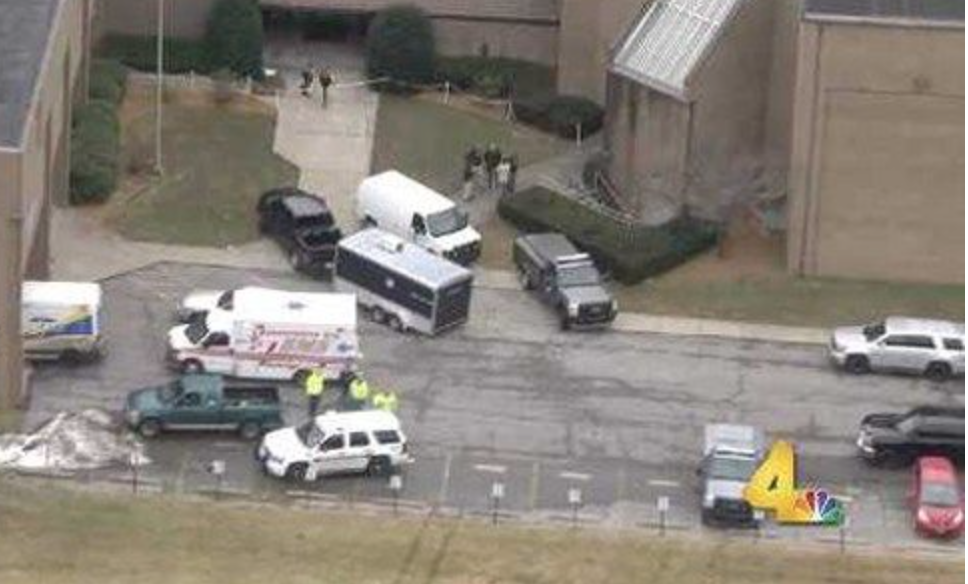
3 SCHOOL SHOOTINGS IN 2 DAYS: The breaking news alerts on January 23 were about a 15-year-old in Kentucky who opened fire on his classmates, killing at least two people and injuring 17 at his high school. But as noted by The Trace and other outlets, there were two other school shootings just the day prior, inside a Texas cafeteria and outside a New Orleans charter school. Editorial Director Steve Snyder reflects on the new, surreal, desensitized normal — and shares his fears about how many more episodes of school violence he’ll have to read about this year.
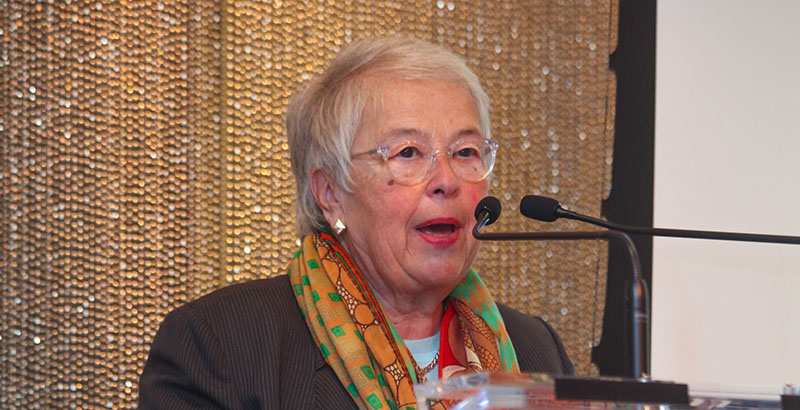
WHO WILL SUCCEED FARIÑA IN NYC?: When New York City Mayor Bill de Blasio chose a schools chief four years ago, Carmen Fariña’s reputation as non-political and a master educator made her a safe choice. Entering his second term with larger political ambitions, he now wants something outside her skill set: the ability to sell his reforms more effectively. (Fariña was notoriously uncomfortable with posturing and the media.) Given the job’s constraints — de Blasio seems to have already staked out narrow boundaries for reform — it’s not clear that he’ll be able to find the kind of leader who excites New Yorkers. The 74’s David Cantor, who knows the Department of Education’s workings from the inside and served with Fariña under former chancellor Joel Klein, reflects on what qualities made her a right fit for first-term de Blasio and who might be a good match moving forward.
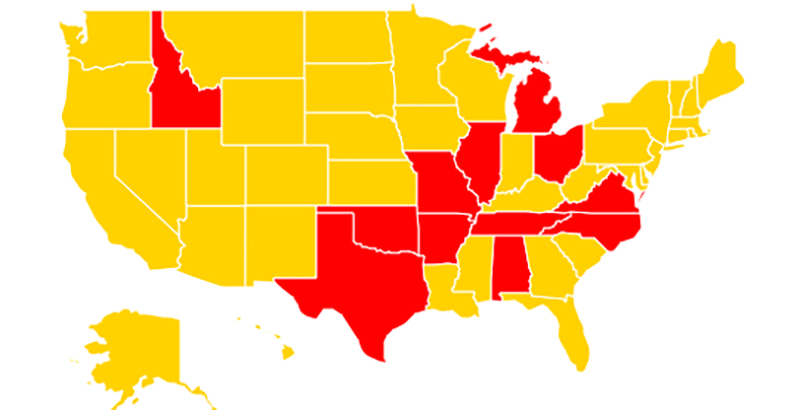
FLU EPIDEMIC: With the 2018 flu officially deemed an epidemic, school districts in at least 11 states have opted to close for a day or more because of rapidly spreading germs and a rapidly increasing roster of sick students and teachers.
Experts are calling this year’s influenza “moderately severe,” and schools are reporting absentee rates as high as 20 to 30 percent from flu and flu-like illnesses. Canceling class may be an extreme measure, but officials say it gives sick kids and adults time to recover, helps stop the spread of the virus, and allows staff to thoroughly clean classrooms. Laura Fay surveys the national closure map.
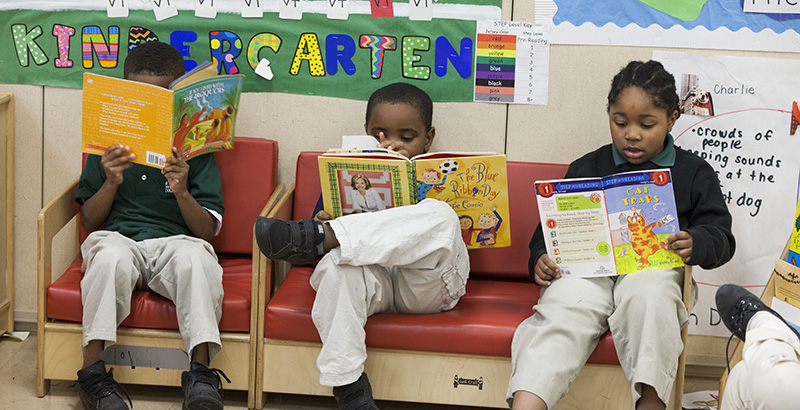
A TROUBLING DOUBLE STANDARD ON SEGREGATION: Blaming charter schools for intensifying school segregation is a blatant attempt to scapegoat charters for the racially divided and isolated world that the public schools themselves created, writes contributor Derrell Bradford. But there’s something far more insidious at work: a desire to destroy black academic excellence in the name of some other set of theoretical democratic fundamentals that holds minority student achievement among its lowest priorities. How else to explain the defense of chronically underperforming black neighborhood schools, while schools that work for black families are demonized, merely because those same families have made the affirmative decision to attend them?
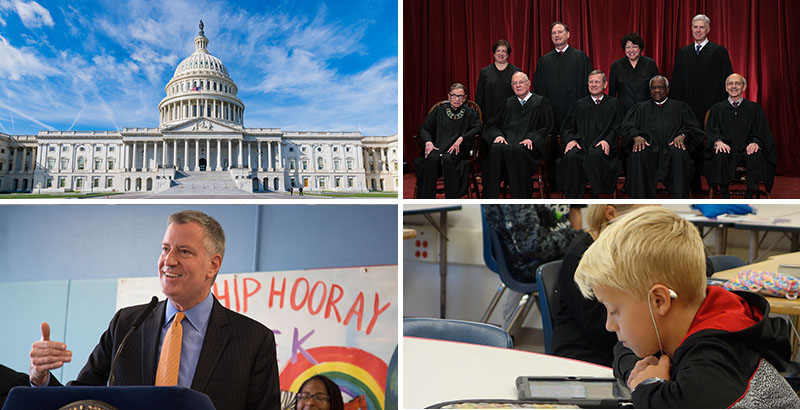
8 — 12 Important Education Storylines We’ll All Be Reading About in 2018
2018 PRIORITIES: As the calendar flipped to the new year, the team at The 74 broke out 12 big storylines that we’d be tracking through the weeks and months to come:
- Teachers unions brace for Janus
- Reforming Puerto Rico’s schools
- America’s ‘absurd’ high school graduation rate
- Congress’s looming higher education debate
- America’s most ambitious personalized learning experiment
- New Orleans’s next chapter
- Searching for answers about NYC’s turnaround program
- The new national standard for special education
- A new era for school discipline
- Getting serious about social-emotional learning
- Escalating politics surrounding school desegregation
- Illinois’s spiraling pension crisis
Read the full 2018 preview.
Get stories like these delivered straight to your inbox. Sign up for The 74 Newsletter

;)